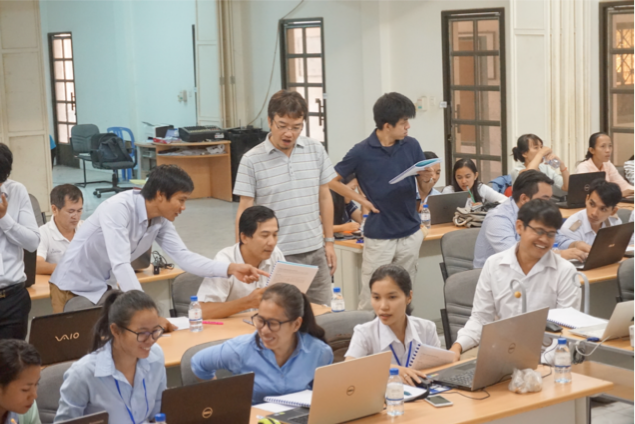Background & Objective
Among Asian countries, ecosystems like croplands, forests, lakes and rivers are considered important natural resources because of the various ecosystem services they provide, such as biodiversity and carbon sequestration. They also make significant contributions to the socioeconomic development of these countries through economic production. Therefore, any mismanagement or misuse of these resources can threaten the basis of their livelihood. For example, without appropriate spatial and temporal planning for expansion of palm tree plantation to meet the needs of rising domestic and international demand for palm oil, can lead to degradation of forest ecosystems and increase the risk of deteriorating ecosystem services, which can negatively impact local communities. Also, the mismanagement or misuse of croplands adjacent to rivers and lakes can negatively impact those ecosystems in terms of water quality and aquatic life. If these negative impacts are quantified by the best scientific evidence and latest statistical techniques, we can seek an optimal solution for resource managment considering the negative impacts. From these results, policies can be framed to mitigate the risk of losing ecosystem services and ensure sustainable economic development that meets the need of local communities.

The objective of this project is to develop a research consortium (called AgFRem Research Consortium) as a platform to conduct a collaborative research on agricultural and forest resource management in Asian countries such as Cambodia, Vietnam, Nepal, Laos and Indonesia (Fig 1). In the resource management, it has been the desire to collect and archive field data, develop a data base, conduct statistical analyses, project the availability of natural resources in the future, and develop a decision support system for managing their natural resource efficiently and effectively using a mathematical programing approach. The system described above eventually help us to conduct policy analyses based on best scientific evidence available and the latest analytical tools. The research consortium also provides an opportunity to conduct collaborative researches, and finally but not the least, contribute to capacity building of young scholars and practitioners in Asian countries throught the workshop.

Research Consortium for Asian Agri-Forest Resource Management
"AgFReM Research Consortium"
Atsushi Yoshimoto
Institute of Statistical Mathematics

